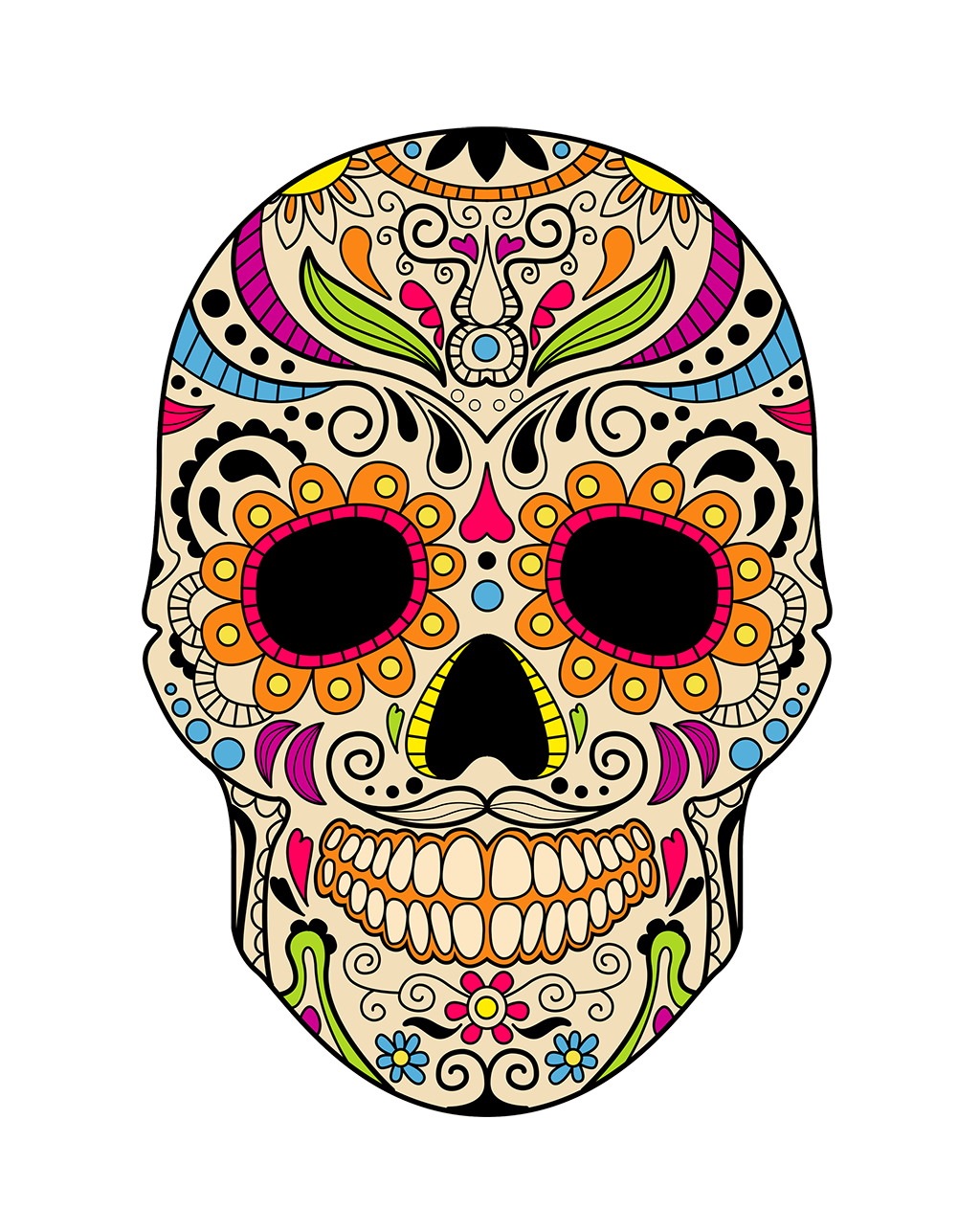Connections to the Past
I recently read part of the Christian mass in Latin. Reading it and repeating it in Latin felt different to me than merely reading it in English or Spanish. I couldn't figure out why, at first; the New Testament was first written in Greek before Latin, so it couldn't be that I was reading it in the original language; furthermore, though it was written in Greek, Jesus probably wasn't speaking Greek when He was talking to His disciples. So why was I moved by reading it in Latin?
I believe I was moved by the Latin text because almost every Christian who came before me for the past two thousand years has read it, heard it, or repeated it in Latin, just as I did. Latin was the tradition in the Church until Vatican II in the 1960s. After that, Catholic Mass was allowed to be held in different languages. I'm not a Catholic, so I'm only vaguely aware of the controversy as a nondenominational Christian. However, my experience with the Latin has led me to believe that there is indeed something profound in reading in the exact words others who came before us have read.
I believe I was moved by the Latin text because almost every Christian who came before me for the past two thousand years has read it, heard it, or repeated it in Latin, just as I did. Latin was the tradition in the Church until Vatican II in the 1960s. After that, Catholic Mass was allowed to be held in different languages. I'm not a Catholic, so I'm only vaguely aware of the controversy as a nondenominational Christian. However, my experience with the Latin has led me to believe that there is indeed something profound in reading in the exact words others who came before us have read.
Connections to the Past
Reading in Latin had made me feel some sort of connection to Christians from throughout history. I felt as though I were a part of something larger, and much bigger than myself. I was a part of Christ's church, and though I understand that there are millions of Christians from many backgrounds alive on Earth today with whom I share the same membership, I hadn't really thought of the historical Christians who had preserved the gospel through the centuries.
Our connections to the past are important for building anything in the future. I argue that losing our connections to the past leaves us almost incapable of building for the future.
To understand my point, imagine being a child and sitting under the shade of a large tree in your front yard. The day is hot, and you couldn't imagine being outside without the tree to provide some relief from the sun. You ask your mother where the tree came from, and she says your great-grandfather had planted it 50 years ago. "Back then," she explains, "it was so small that it didn't provide any shade. Instead of being able to sit in its shade, he had to work to keep the tree alive in the heat." "But why would he do that?" you ask her. "Because," she answers, "he knew that one day his great-grandchild would be able to sit in its shade."
The child above will learn the lesson of doing things with the future in mind. By being connected to his past, as his great grandfather was before him, he can understand the value in doing something for someone else, someone who doesn't yet exist, but for whom he is already sacrificing.
In the same way, we must first reestablish our connections to the past in order to build a successful future. The short-term thinking that dominates the world today will not lead us to the future. We aren't laying the bricks of the road that will be used for generations to come. We are tearing down our history, our past, and leaving it barren. What can grow in barren soil? How can a house stand if we strip away its foundation?
Our culture cannot survive without deep connections to its roots. If we tear everything down in the name of "building the future", we will be left with neither the future nor the past. Getting rid of the past does not make it easier to make the future. There is no starting over.
We shouldn't be surprised when technological progress comes to a halt. You can't chop the legs off of a table and be shocked when you find yourself eating on the ground.
Comments:
Leave a Comment
Submit

